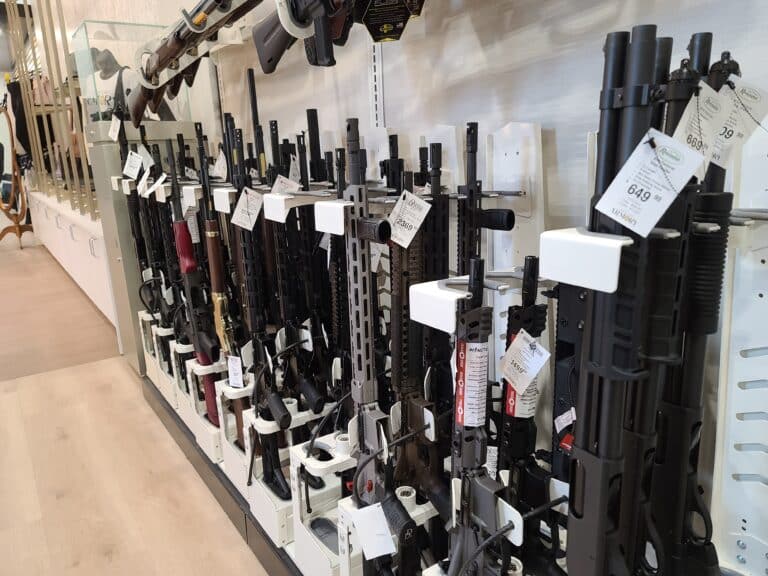
Gun Sales Jumped in October
The FBI ran more background checks on gun sales last month than it had during the same period in 2022, according to an industry analysis.

The FBI ran more background checks on gun sales last month than it had during the same period in 2022, according to an industry analysis.

An iconic American gun brand has increased its sales despite an ongoing decline in the overall market.

The country’s largest credit card processors are backing away from plans to implement a specialized code for gun retailers.
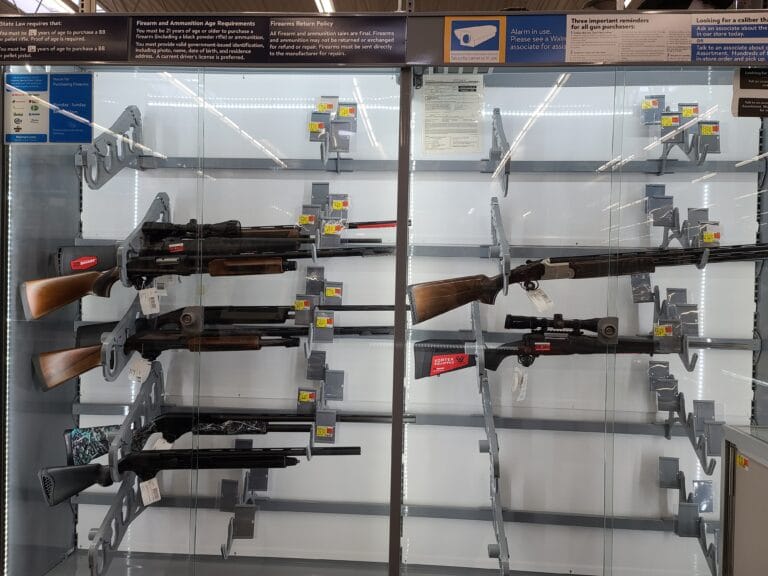
16.4 million guns were sold in 2022, but that’s down significantly from the previous two years. How much does it matter?
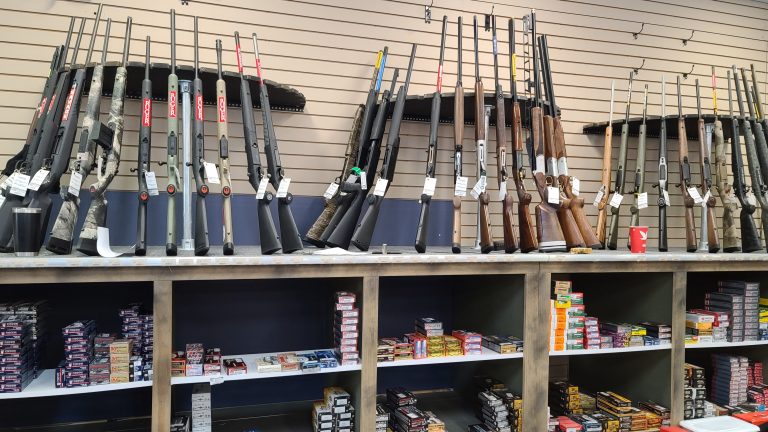
Last year saw the third-most background checks on gun sales in the history of the United States.
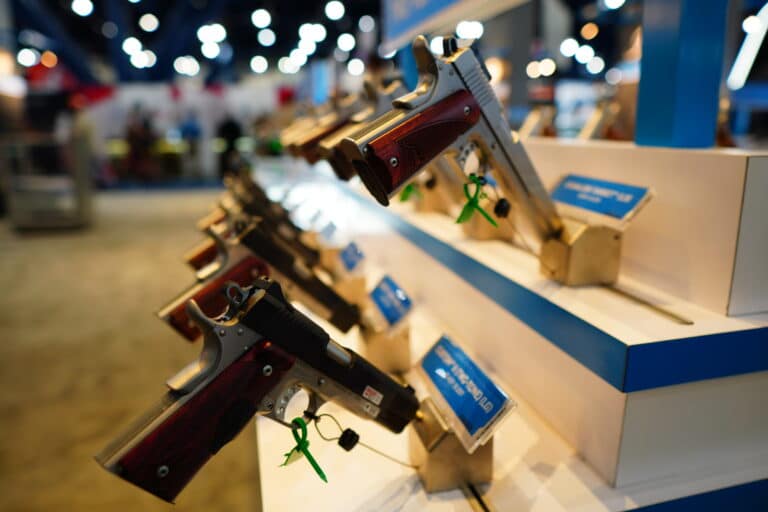
Since the mass shooting at Robb Elementary School in Uvalde, Texas, and the proposed “assault weapons” ban passed by the US House of Representatives earlier this year, gun researchers have noted a substantial increase in gun sales. While not particularly well-known outside of the gun community, this phenomenon (what economists would call a “demand shock”) is common. These shocks are not limited to national tragedies and are observed during other significant events (e.g., legislation and political campaigns). There is a problem with identifying these shocks stemming from the lack of detailed data regarding changes in gun prevalence. While the Federal Bureau of Investigation (FBI) publishes National Instant Criminal Background Check (NICS) counts that provide insight into sales by state, month, and type, the public information is only available at the state and national levels. It is also less than ideal when it comes to firearm type, differentiating only by handgun and long gun. Stated differently, the best information this data can provide is the number of background checks for a specific gun type (e.g., handgun) conducted in a given state in a given month of a specific year. For a more detailed look at the short-run fluctuations of gun sales, we turn instead to firearm transaction-level data from Massachusetts. This data was originally obtained through a Freedom of Information Act request sent in the Summer of 2022. Shortly thereafter, the data was made public–coming from the Massachusetts electronic license check system. This data exists due to state law requiring all transfers (e.g., sales, inheritance, etc.) to be reported to the Department of Criminal Justice Information Services Firearms Records Bureau. Sales also require a Firearms Identification Card. Since 2015, the state also requires all transfers to be submitted online. The public data is semi-anonymized; detailed information about the seller, if the transfer is through a licensed dealer, is included and all information about the buyer is omitted. The existence of this data is controversial and consequently very rare. With it, researchers are given a detailed window into the firearm market and can rigorously explore topics that would be impossible to do so otherwise. Others note that this database effectively serves as a gun registration, which is why similar information collected by the FBI is destroyed, and potentially lead to incorrect policy conclusions due to the database including only legal transfers. The main advantage of the Massachusetts data set is that it is much finer than the FBI data and contains information about what firearms were sold (e.g., Ruger Mini-14, Browning Hi-Power, etc.), the date of the sale, and where the firearm was purchased (e.g., Bass Pro, Walmart, etc.). This is much more detailed information when compared to the NICS data. Not only does it include completed transactions, rather than checks that might not result in a sale, but it also provides what exact firearms were sold, on what specific date, and where the firearms were sold. While Massachusetts’s liberal gun-control policy certainly affects firearm sales, the demand shocks caused by national

Oregonians have responded to the passage of a far-reaching gun control measure by purchasing more guns than ever.

America’s largest gun maker saw a 69 percent decline in sales year over year.

The rising tide of gun sales has begun to recede.
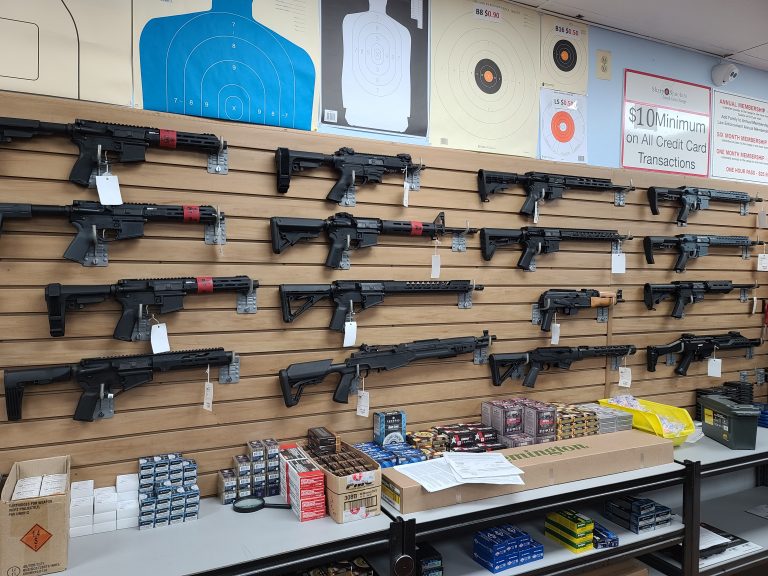
AR-15s are becoming even more popular.

Get the most important gun news